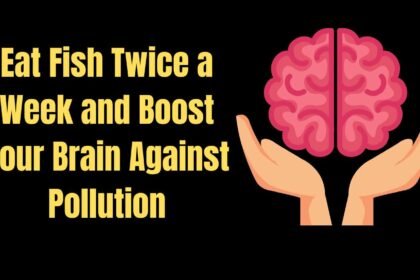New ideas about eating healthy are becoming popular in the battle against obesity. A study in Obesity Science & Practice looked at how eating slowly and being aware while eating impact how much food people take in and how full they feel afterward.
The study hoped to see if these behavior methods could help in weight management programs.
Study Overview
The study involved 24 subjects who were between 18 and 55 years old, and had a body mass index (BMI) ranging from 18.5 to 40. Participants were randomly divided into three groups.
- EAT: No specific eating instructions, participants ate as they usually would.
- SLOW: Participants were instructed to slow their eating pace, including chewing each bite thoroughly and pausing between bites.
- MIND: Participants were guided in mindful eating practices, focusing on savoring the taste, texture, and aroma of food while being aware of hunger cues.
Each subject had two test meal sessions, with 2 to 4 days between them. We measured the amount of food eaten and how full people felt after each meal.
Key Findings
The study revealed:
- Energy Intake: There were no major changes in how much energy was consumed in the EAT, SLOW, and MIND conditions. Participants in the mindful eating group (MIND) ate 64 fewer calories on average in their second session than in their first session.
- Satiety: No notable differences in satiety levels were observed among the groups.
- Meal Duration: Participants in the SLOW condition significantly increased their meal duration compared to the EAT group.
Interpretation and Implications
The study didn’t show clear changes in how much people ate or their feelings of fullness when eating mindfully or slowly. However, it did reveal important patterns in behavior. Important to note:
- Mindful eating can help reduce calorie intake a bit, which could be important.
- Eating more slowly might help keep your energy levels steady during meals and could help prevent overeating.
The researchers pointed out that more studies with bigger groups of people and longer timeframes are needed to fully understand the long-term effects of these tactics. Adding mindful and slow eating to your daily habits can help with weight control.
Potential Health Benefits
More research is needed, but these findings show that eating slowly and being mindful while eating may:
- Encourage greater awareness of hunger and fullness cues.
- Help individuals savor their meals, enhancing overall eating satisfaction.
- Offer a non-restrictive approach to managing body weight.
Limitations and Future Research
The study acknowledged several limitations:
- A small sample size, which limited the ability to detect minor but clinically meaningful effects.
- Laboratory-controlled conditions, which may not fully represent real-world eating environments.
- The brief duration of mindful eating training.
Future research should explore the impact of chronic mindfulness training and varying portion sizes to determine more definitive outcomes.
The Bottom Line
Mindful and slow eating techniques are helpful ways to change eating habits for better weight control, but they haven’t been fully proven yet.
People are becoming more interested in using behavior-based strategies to improve health, which can help support better eating habits.
If you want to eat better and be more aware of your choices, trying these simple techniques could help.












